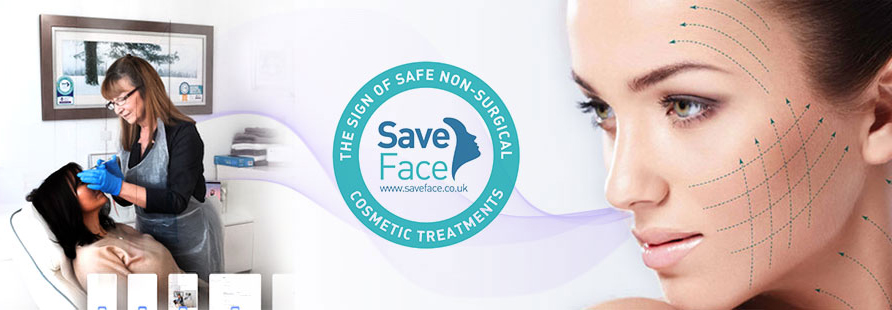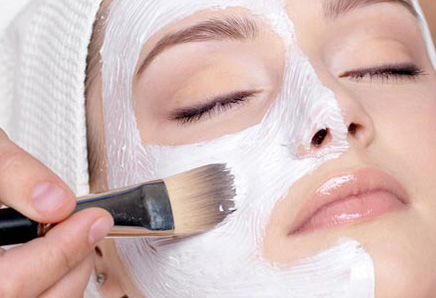In today’s world of non-surgical aesthetics, injectable treatments like dermal fillers and wrinkle-relaxing injections have become increasingly popular for enhancing natural beauty and restoring skin’s youthfulness. While the allure of quick, minimally invasive procedures is undeniable, it’s crucial to prioritise safety and expertise when seeking aesthetic enhancements. As a trusted provider in the realm of non-surgical aesthetics, we understand the significance of empowering patients to make informed decisions about their treatments. That’s why we’re here to emphasise the importance of researching your clinic and clinician before undergoing injectable procedures.
Prioritise Safety Above All Else: Injectable treatments, although minimally invasive, carry inherent risks if not performed by a skilled and experienced professional. Before scheduling any procedures, take the time to thoroughly research potential practitioners. Look for licensed medical professionals with specialised training in aesthetic medicine who operate in reputable, accredited and appropriately licensed facilities. By prioritising safety and expertise, you can minimise the risk of complications and ensure a positive treatment outcome.
Verify Credentials and Qualifications: Don’t hesitate to inquire about your non-surgical practitioner’s credentials and qualifications. A reputable practitioner should be transparent about their training, certifications, and professional affiliations. Look for individuals who have undergone extensive training specifically in injectable treatments and who stay abreast of the latest techniques and advancements in the field. Also, please remember that wrinkle-relaxing injections are prescription-only medications, so you need to ensure that your provider has the appropriate prescriber qualifications.
Review Before-and-After Portfolios: Aesthetic treatments are highly personalised, and results can vary depending on factors such as anatomy, skin type, and treatment goals. Before committing to a provider, take the time to review their before-and-after portfolios. Look for consistent, natural-looking results that align with your aesthetic preferences. Pay attention to the diversity of treatments showcased, as this can provide insight into the practitioner’s skill and versatility.
Seek Patient Testimonials and Reviews: One of the most valuable resources in your research journey is first hand experiences from previous patients. Browse online reviews, testimonials, and social media platforms to gain insight into the patient experience and satisfaction levels. Pay attention to feedback regarding the practitioner’s communication, bedside manner, and post-treatment support. Positive reviews from satisfied patients can instil confidence and help guide your decision-making process. A great source of information is the Save Face website – you can find it here: https://www.saveface.co.uk/
Schedule a Consultation: Once you’ve narrowed down your options, schedule consultations with potential practitioners to discuss your goals, concerns, and expectations. A reputable non-surgical aesthetic practitioner will conduct a thorough assessment of your unique facial anatomy and develop a personalised treatment plan tailored to your needs. Use this opportunity to ask questions, voice any apprehensions, and evaluate the practitioner’s professionalism and rapport.
Trust Your Instincts: Ultimately, trust your instincts when selecting a non-surgical aesthetic practitioner for injectable treatments. Pay attention to how you feel during the consultation process and whether you have confidence in the practitioner’s abilities. Open communication, trust, and mutual respect are essential components of a successful patient-provider relationship.
At Younger U Aesthetics, we understand the significance of entrusting your aesthetic journey to skilled, experienced professionals. As advocates for patient safety and satisfaction, we encourage individuals to conduct thorough research before undergoing injectable treatments. By prioritising safety, expertise, and patient-centred care, you can embark on your non-surgical aesthetic journey with confidence, knowing that you are in safe, capable hands.















